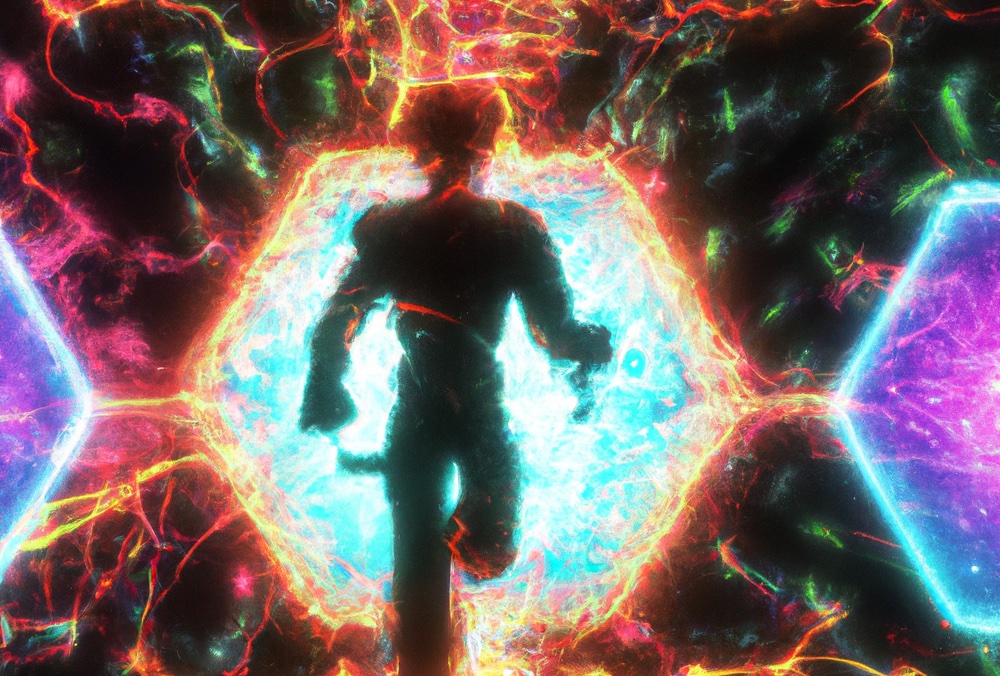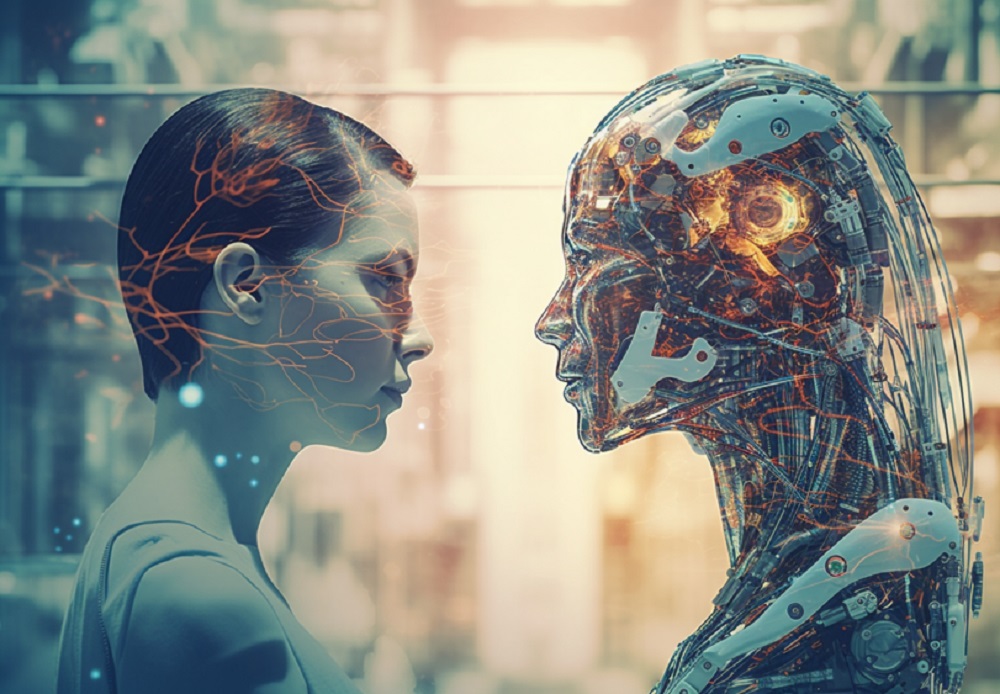Artificial Intelligence (AI) has revolutionized the gaming industry by enabling developers to create more immersive and intelligent game characters, dynamic environments, and advanced game mechanics. With the advancements in machine learning, AI has become an integral part of modern gaming, making the gaming experience more personalized and engaging. In this article, we will explore the power of AI in modern gaming and how it is transforming the gaming industry.
AI in Game Characters
AI is making a significant impact in the creation of game characters. With machine learning algorithms, developers can train game characters to have realistic behaviors and emotions, making them more immersive for players. AI-powered characters can adapt to a player's specific gameplay style, creating a personalized experience that feels less scripted. For instance, in racing games, AI opponents can analyze the player's driving style and adjust their racing strategy accordingly, making the game more challenging and engaging.
Moreover, AI can create lifelike characters that can interact with the player in more realistic ways. In role-playing games, AI-powered non-playable characters can provide more nuanced interactions, such as reacting to the player's choices and decisions. These characters can have complex personalities and emotions, creating a more immersive game world.
AI in Game Environments
AI is also transforming game environments. With AI-powered procedural generation techniques, game developers can create dynamic and randomized worlds that provide a unique experience for each player. This not only makes the game more immersive but also saves time for developers, who no longer need to manually create every aspect of the game world. AI-powered game environments can also be interactive and responsive to a player's actions. For example, in a survival game, AI-powered weather systems can be dynamically generated based on the player's location, making the game more challenging and realistic.
Additionally, AI can be used to optimize game environments for performance, ensuring that the game runs smoothly on a variety of devices. AI-powered tools can analyze player behavior and adjust the game's graphics and effects based on their device's capabilities. AI can also be used to create more realistic and dynamic lighting effects, making the game environment more immersive.
AI in Game Mechanics
Game mechanics are the rules and systems that govern how a game is played. AI is being used to create more advanced game mechanics, such as adaptive difficulty systems. These systems use machine learning algorithms to analyze a player's behavior and adjust the game's difficulty accordingly, making it more challenging for experienced players and easier for beginners. This ensures that players are always engaged and never bored. AI can also be used to create more dynamic and responsive game mechanics. For instance, in first-person shooter games, AI-powered opponents can analyze a player's behavior and adapt their strategies to make the game more challenging.
Moreover, AI can be used to optimize the game's performance and ensure that it runs smoothly on a variety of devices. AI-powered tools can analyze player data and adjust the game's graphics and effects based on their device's capabilities. AI can also be used to analyze gameplay data and provide insights into how to improve game mechanics and player engagement.
AI in Game Design
AI is changing the way game designers approach their work. AI-powered tools can assist designers in creating levels, characters, and even entire game worlds. For example, an AI-powered tool can generate game levels based on a set of rules and parameters set by the designer. This not only saves time but also allows designers to focus on more creative aspects of the game. AI can also be used to assist in game balancing and playtesting. By analyzing player data, AI can suggest changes to game mechanics or level design to improve player engagement and enjoyment.
Moreover, AI can assist in creating more accessible games. Developers can use AI-powered tools to analyze player behavior and provide insights into how to make the game more accessible for players with disabilities. For instance, AI-powered tools can suggest changes to game mechanics or UI design to improve the game's accessibility.
AI in Game Testing
Testing is an essential part of game development, but it can also be time-consuming and costly. AI-powered testing tools can automate much of the testing process, making it more efficient and accurate. For example, an AI-powered tool can test various scenarios in the game and report any bugs or issues automatically. This not only saves time and resources but also ensures that the game is thoroughly tested before release.
Moreover, AI can analyze player behavior during the testing phase and provide insights into how to improve the game's mechanics and gameplay. For instance, AI can analyze how players interact with certain game elements and suggest changes to improve player engagement.
AI in Game Analytics
AI is also transforming the way game developers analyze player data. With AI-powered analytics tools, developers can gain insights into how players are interacting with the game. This information can then be used to improve game mechanics, level design, and other aspects of the game to provide a better experience for players. For instance, AI can analyze player behavior and provide insights into how to improve game difficulty, create more engaging game mechanics, or improve game balance.
Moreover, AI-powered analytics can be used to create personalized game experiences. AI can analyze player data to create customized game experiences based on a player's preferences and behavior. For example, AI can adjust the game's difficulty level or suggest game elements that are more likely to engage a particular player.
AI in Esports
Esports is a rapidly growing industry, and AI is playing a significant role in its development. AI-powered tools can analyze player performance and provide insights into how they can improve. Additionally, AI-powered game commentators can provide real-time analysis of the game, making it more engaging for viewers. AI can also be used to create more realistic AI opponents for esports games, providing a more challenging and dynamic gameplay experience.
Moreover, AI can be used to improve the esports viewing experience. AI-powered tools can analyze gameplay data and provide real-time insights and statistics during esports matches. This information can be used by commentators to provide more in-depth analysis of the game and engage viewers.
Ethical Considerations
As AI continues to advance in gaming, there are ethical considerations that developers must take into account. For instance, AI-powered game characters that are too realistic and human-like could raise ethical concerns about the treatment of these characters. Additionally, AI-powered game mechanics that are too challenging could be seen as unfair or discouraging for players. Developers must be mindful of these issues and strive to create games that are both engaging and ethical.
Moreover, AI-powered analytics can raise privacy concerns if player data is used without their consent. Developers must ensure that player data is collected ethically and used responsibly. Transparency is crucial, and players should be informed of how their data is being collected and used. Developers must also be aware of potential biases in AI algorithms and take steps to mitigate them.
Furthermore, AI in gaming can raise ethical concerns about its impact on society. For example, violent games with realistic depictions of violence can raise ethical concerns about their potential impact on players. Developers must be mindful of the potential impact of their games on society and strive to create games that are both engaging and socially responsible.
Final Thoughts
All in all, AI is transforming the gaming industry in profound ways. From creating more lifelike game characters to generating dynamic and interactive game environments, AI is making games more immersive and engaging. As the technology continues to evolve, we can expect even more exciting and innovative uses of AI in gaming.






